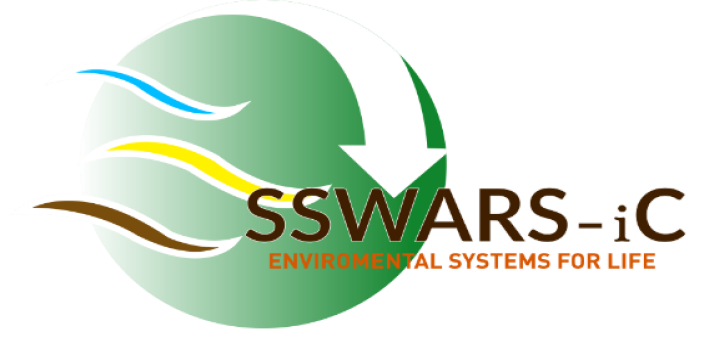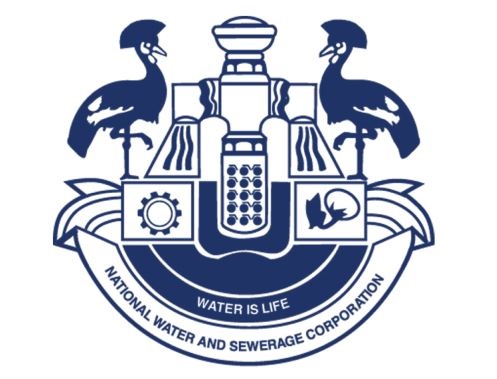Kampala
Kampala City currently has a resident and day population of 1,797,722 of 2,503,174 respectively.
Sanitation in Kampala
As the city expands, so does the need for sustainable, safety, and affordable sanitation services
NEWS AND UPDATES
Kampala's Implementation Plan
The sanitation project in Kampala is guided by a multi-phase strategy that combines technology innovation, community engagement, and institutional collaboration.
Sanitation Facilities
Only about 15% of the users of sanitation facilities within Kampala are connected to sewers. For sewered sanitation, collection and transport is via sewers owned, operated and maintained by the NWSC.
Policy Framework
Constitution of the Republic of Uganda (1995 As amended) provides the basis for the legal framework in Uganda regarding the overall management of the environment.
Emptying and Transport
Conveyance/collection and transportation describes the transport of products from one functional group to another. This means that sanitation products have to be transferred in various ways between functional groups.
About the Implementing Partner
SSWARS Investment Company (SSWars-iC)
SSWARS Investment Company (SSWars-iC) is driving sustainable and inclusive sanitation solutions for underserved urban communities. With a strong background in environmental research and development, they focus on improving the safety, efficiency, and cost-effectiveness of faecal sludge management (FSM), especially in areas without centralized sewer systems. There aim to strengthen public-private partnerships and help build sanitation services that are safe, scalable, and sustainable.

OPERO SERVICES
Opero Services is a Kenyan engineering, business development, and market research firm that specializes in scaling water, sanitation, and hygiene technologies and enterprises. We bring together innovative thinking, technical expertise, and in-depth knowledge of local markets to address WASH challenges in East Africa.

National Water and Sewerage Corporation (NWSC)
Within NWSC, the Sewerage Services Department (SSD) under Kampala Water (KW) is solely responsible for managing the piped sewerage network and wastewater treatment plants, overseeing faecal sludge treatment and disposal, and regulating industrial wastewater discharge in Kampala City

Kampala Capital City Authority (KCCA)
KCCA holds overall responsibility for maintaining a safe and healthy urban environment through the provision of public sanitation services, regulation and control of on-site sanitation facilities, supervision of faecal sludge collection and transfer activities, development and enforcement of sanitation standards and regulations, as well as leading public sensitization efforts on sanitation and hygiene.

